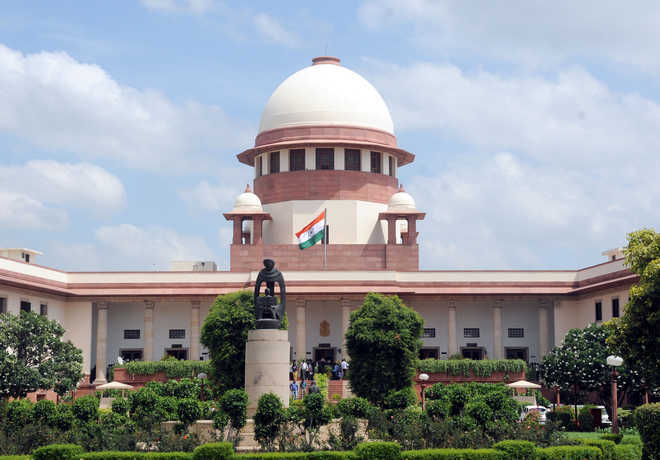New Delhi : Four months after a two-judge Bench of the Supreme Court laid down a set of guidelines to check misuse of the anti-dowry law (Section 498A of the IPC), a three-judge Bench headed by Chief Justice of India Dipak Misra is all set to revisit it.
The CJI-led Bench, which also included Justices AM Khanwilkar and DY Chandrachud, on Wednesday clarified that it can’t frame guidelines on how to investigate dowry harassment cases, saying such guidelines will amount to going beyond statutory provisions.
It hinted at revisiting the July 27 judgment by a Bench of Justices AK Goel and UU Lalit that put an end to the practice of automatic arrests in cruelty and dowry-related under Section 498A of IPC, that has often been misused to harass innocent family members of husbands named in complaints. It had ordered setting up of committees to scrutinise dowry harassment complaints.
“These directions will not apply to the offences involving tangible physical injuries or death,” it had clarified.
On Wednesday, senior advocates V Shekhar and Indu Malhotra — both amicus curiae — requested the CJI Bench to stay the verdict.
“We may accept or overrule it,” the CJI commented.
The CJI’s Bench — which had on October 13 said: “We do not agree with the judgment which laid down the guidelines” — pointed out that the guidelines on how the police should proceed in dowry harassment cases were not required for the implementation of a statutory provision under Section 498A. The July 27 order was criticised by women’s rights activists, who said it made it difficult to fight the social evil of dowry. On the other hand, some NGOs working for men’s rights had welcomed it, saying it would help to check misuse of the law. In its July 27 verdict, the top court had said it would like to see for six months how the arrangement worked and sought a report by March 31, 2018 from the National Legal Services Authority and listed the matter for April 2018. The court had issued guidelines while dealing with a matrimonial dispute from Uttar Pradesh and after taking into account suggestions by Additional Solicitor General AS Nadkarni, senior counsel VV Giri as also the 243rd Report of the Law Commission (August, 2012), 140th Report of the Rajya Sabha Committee on Petitions (September, 2011) and certain earlier decisions of the Supreme Court.


You must be logged in to post a comment Login